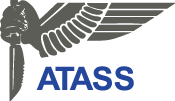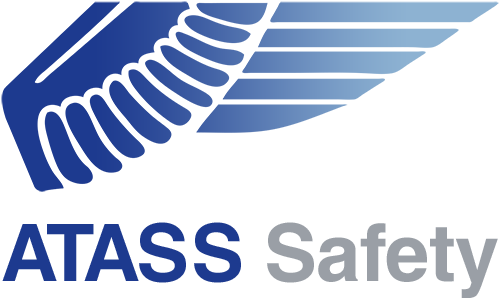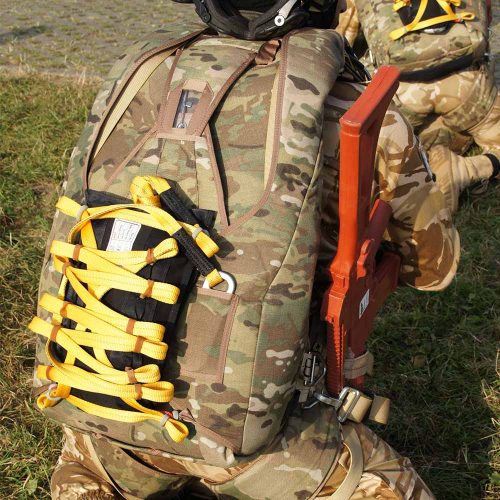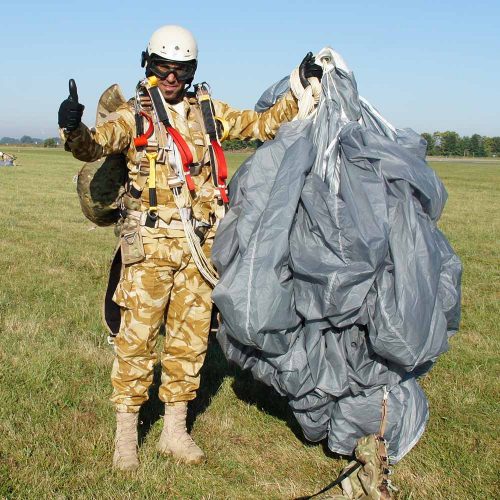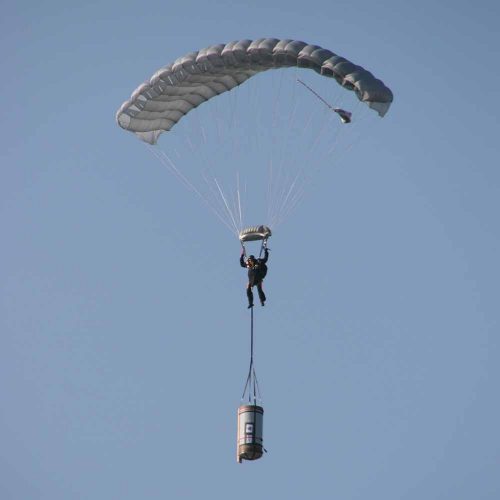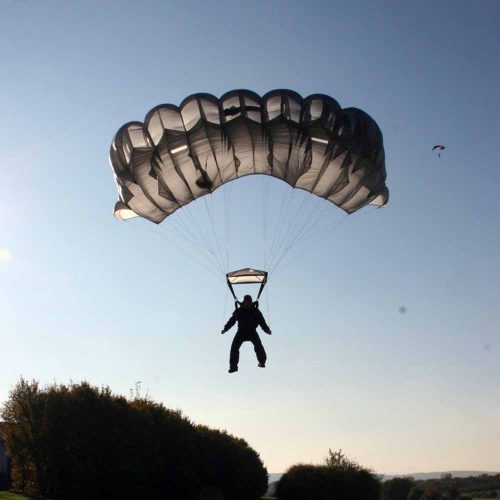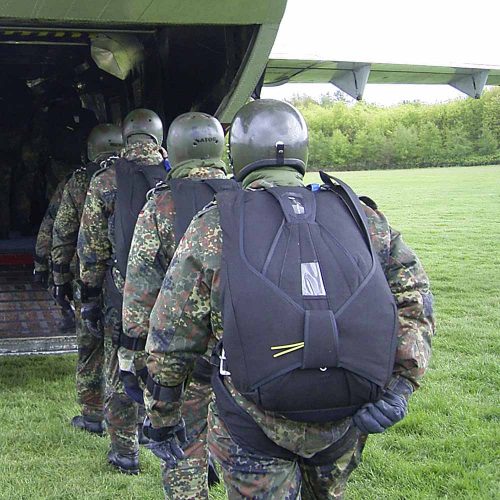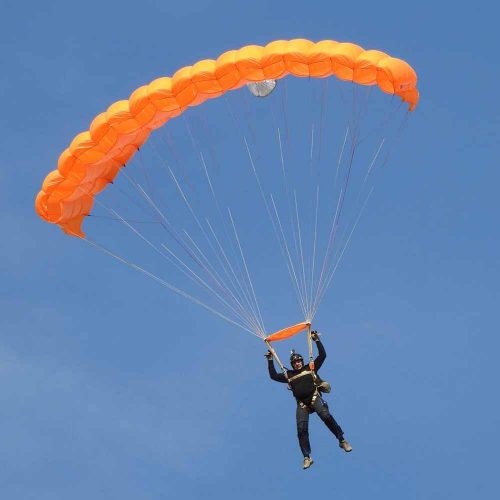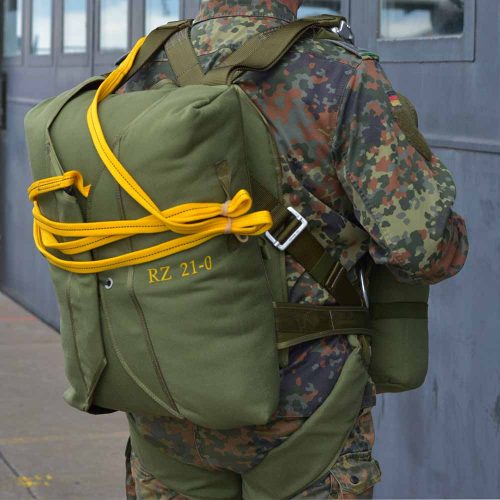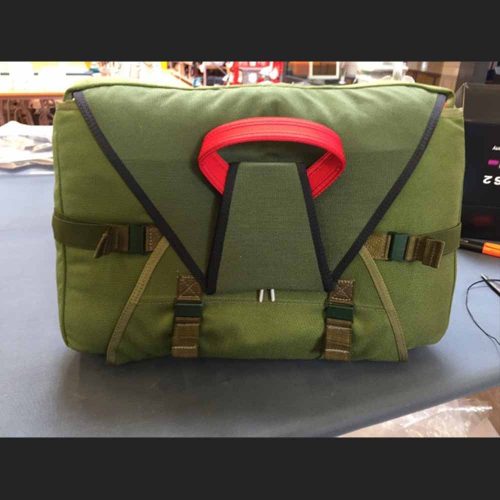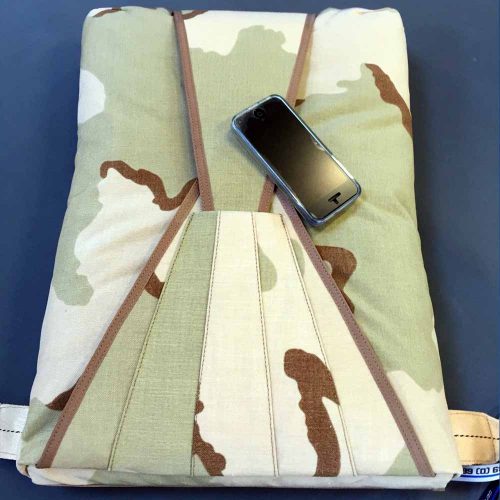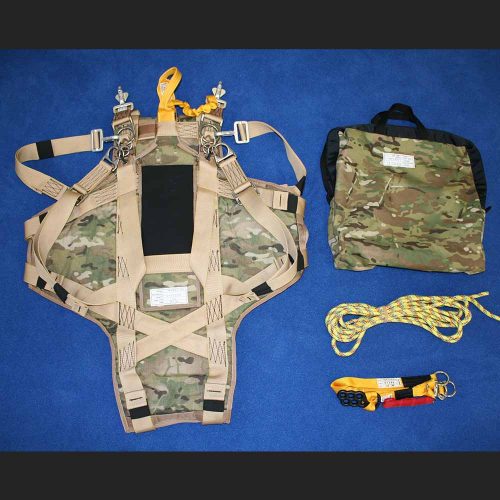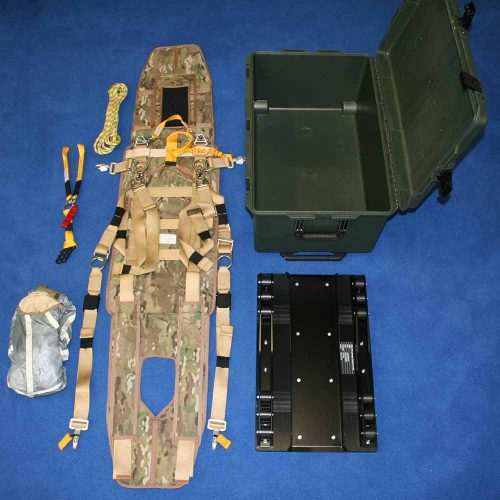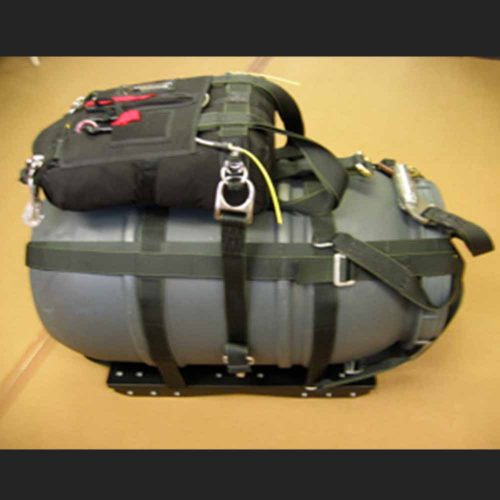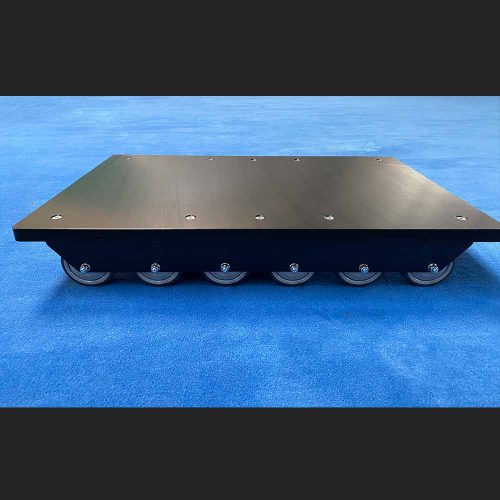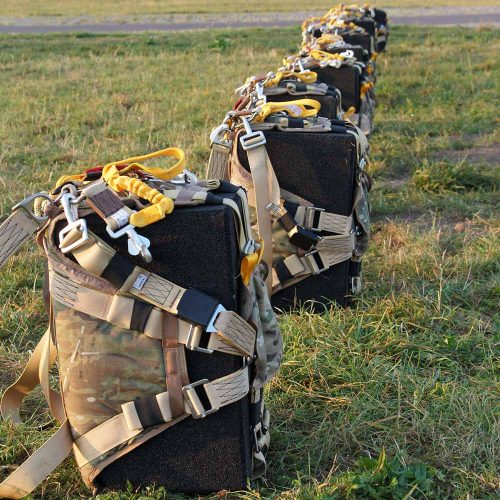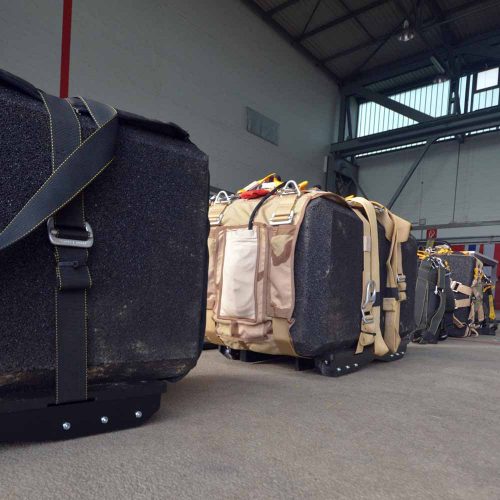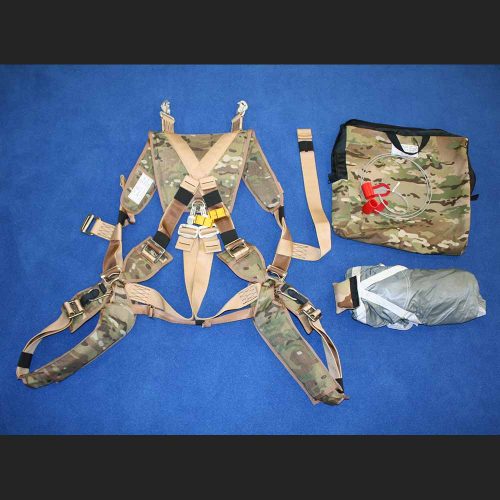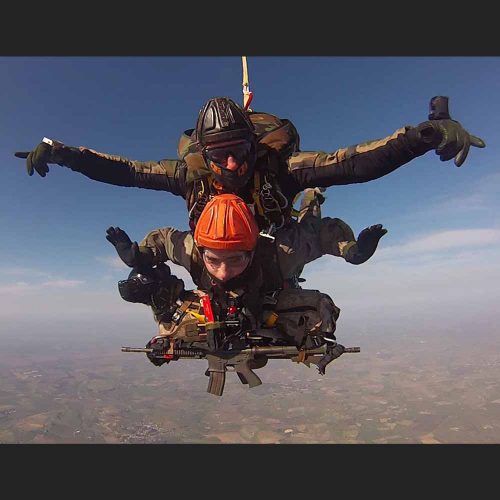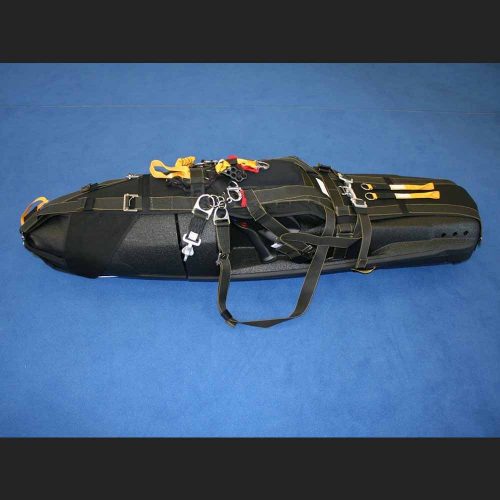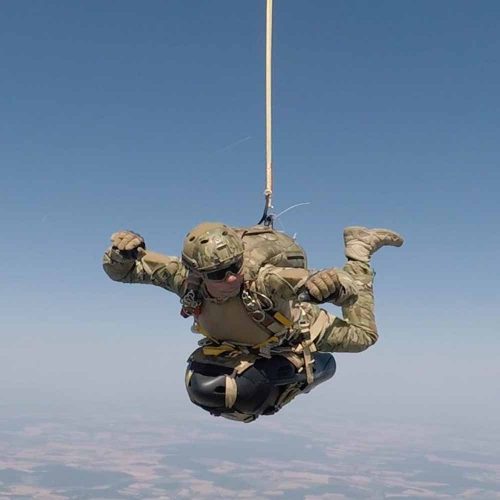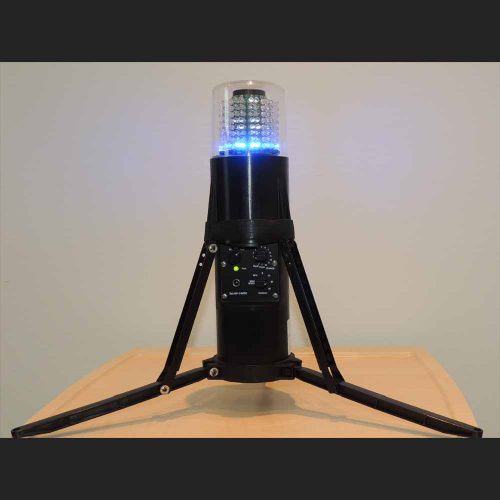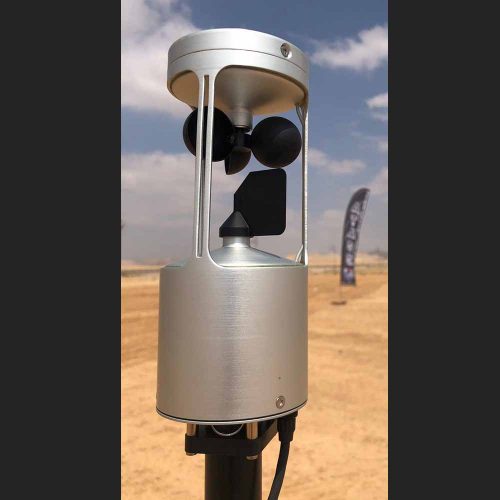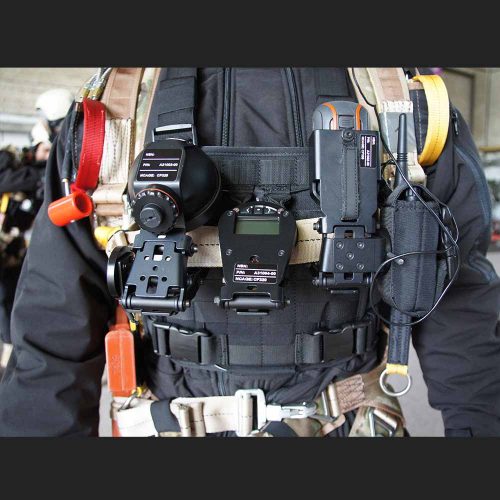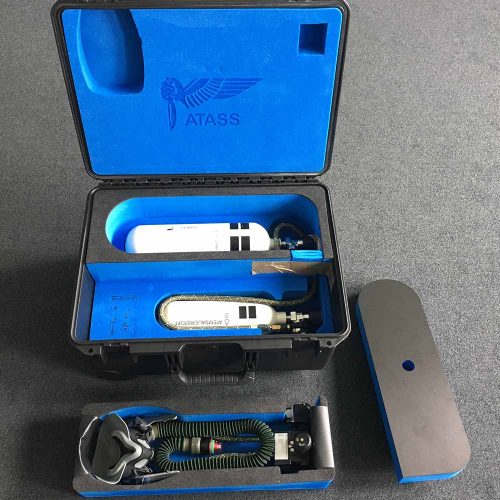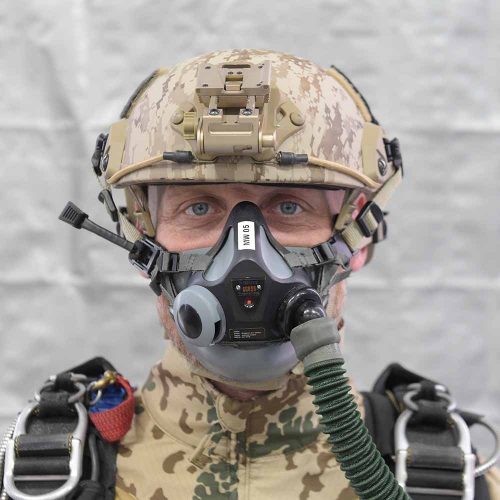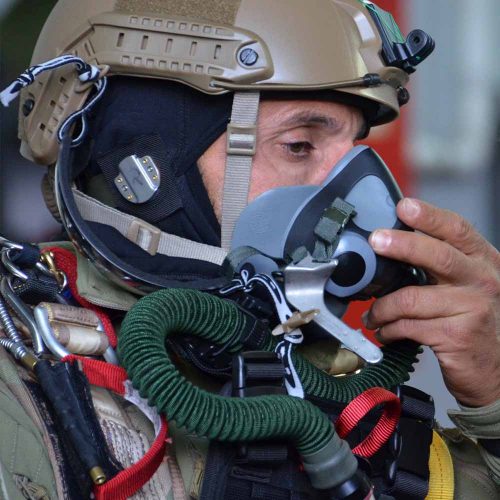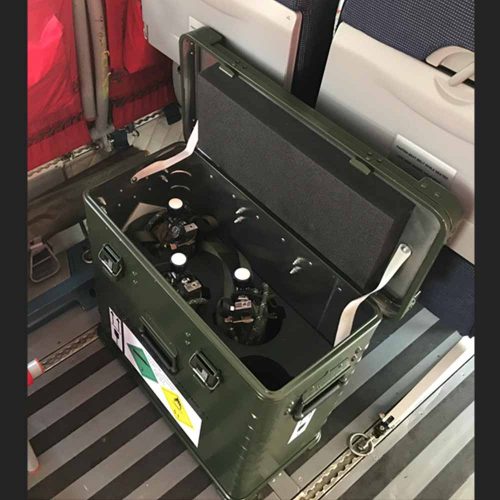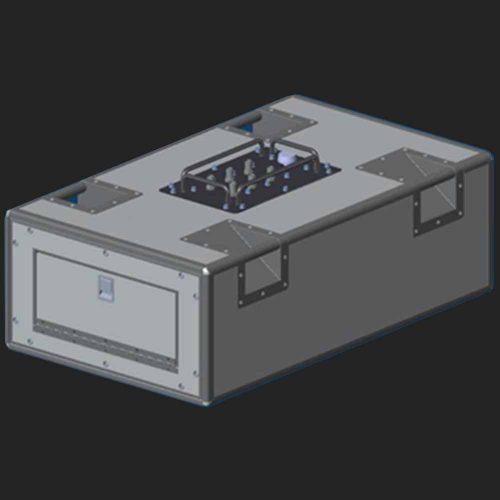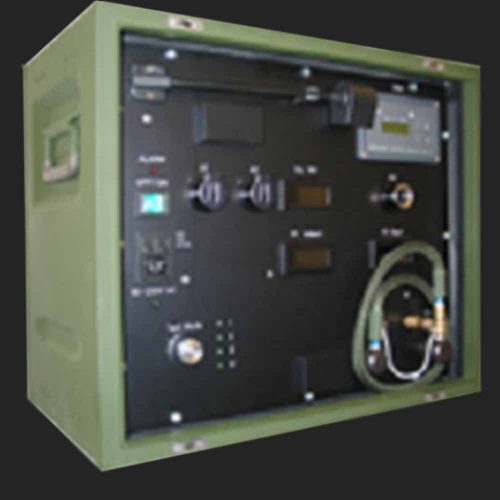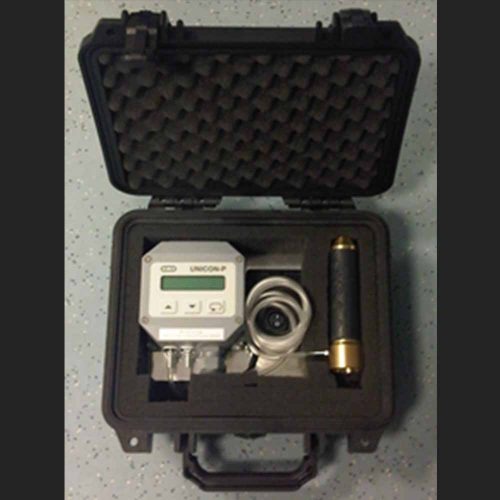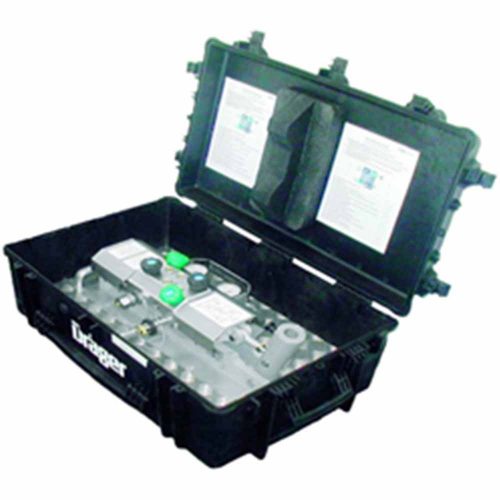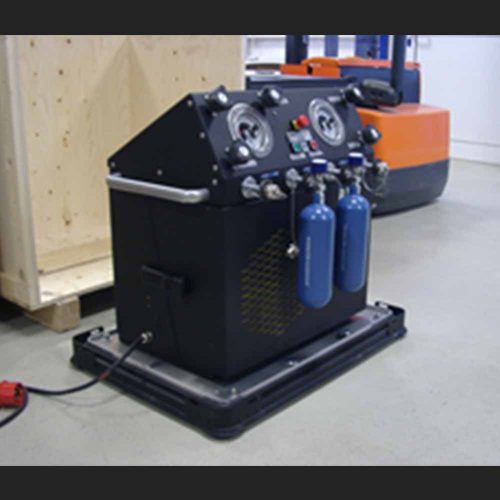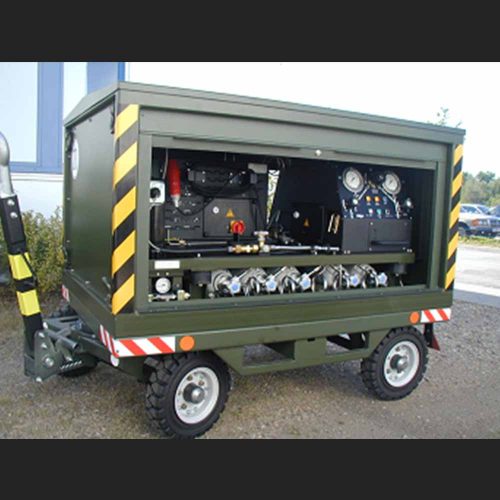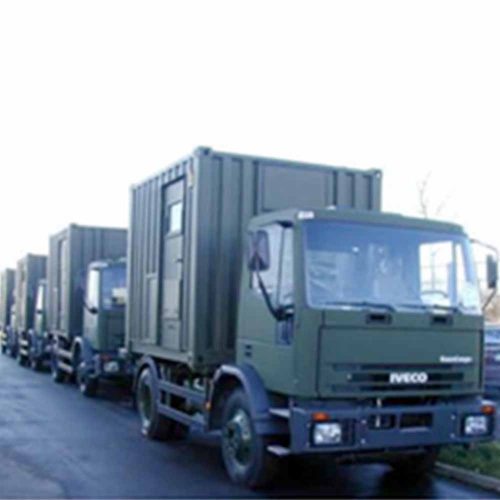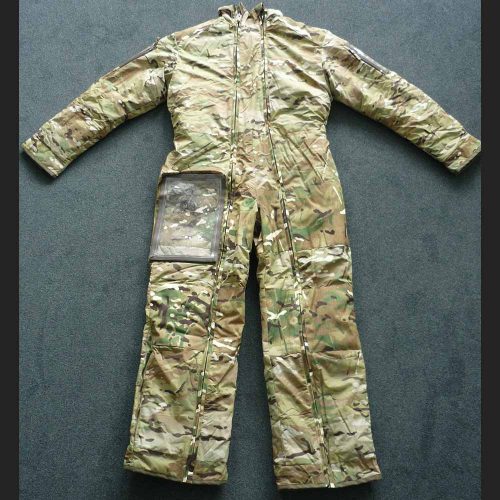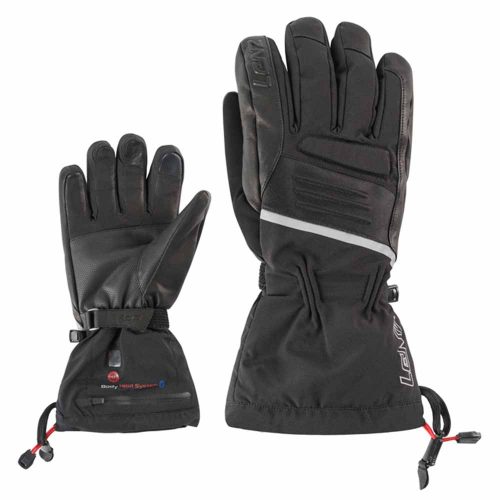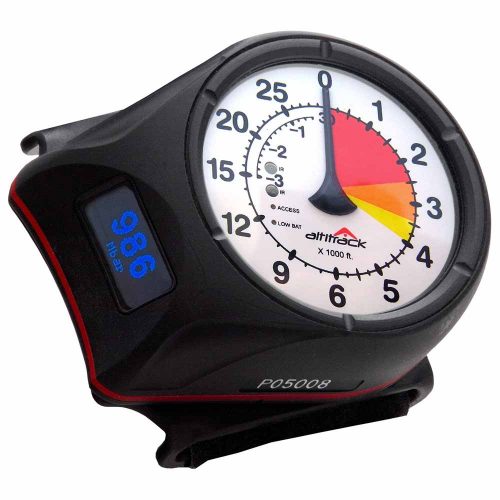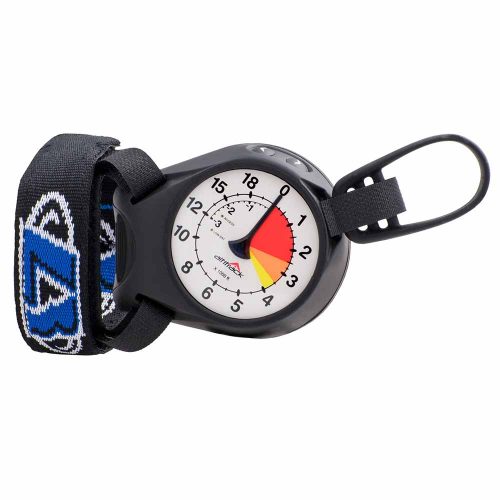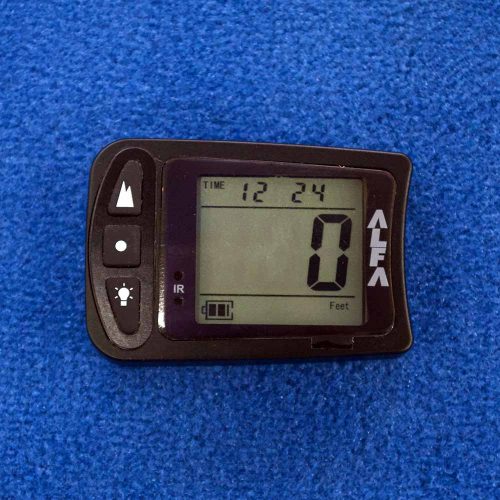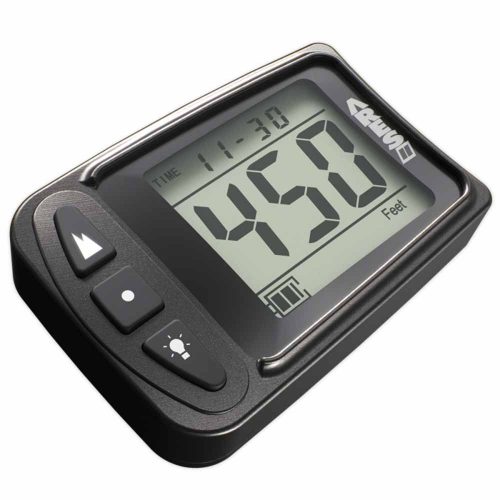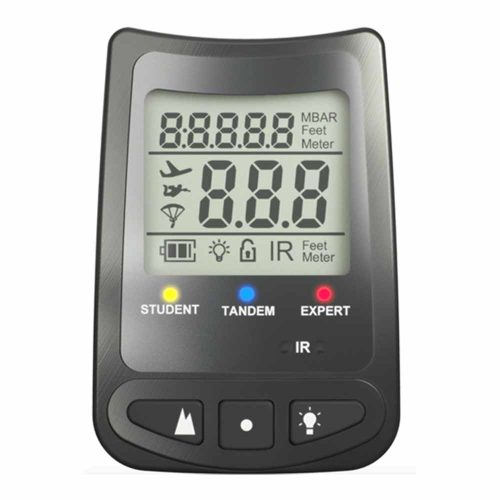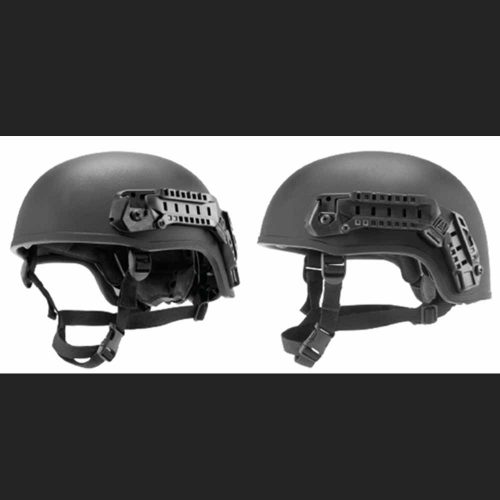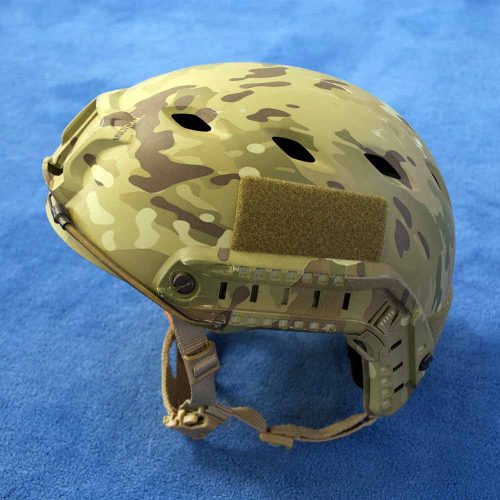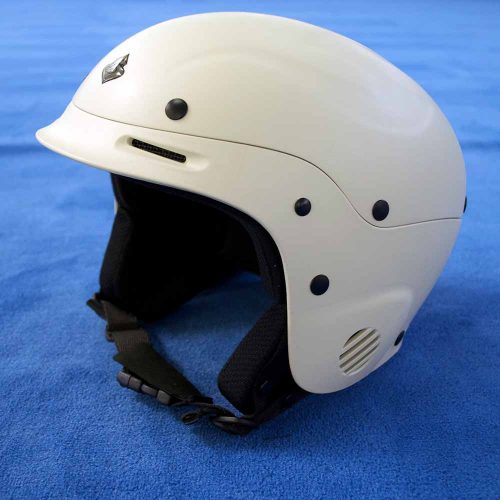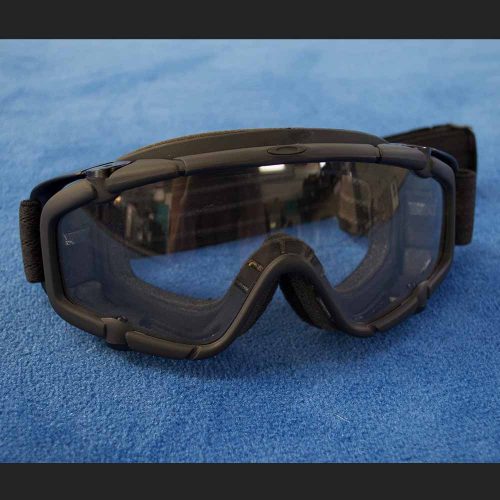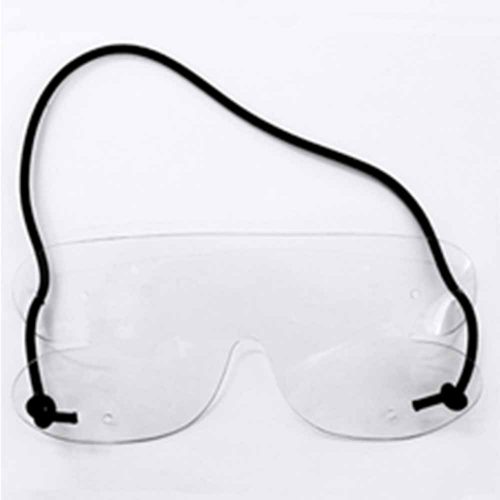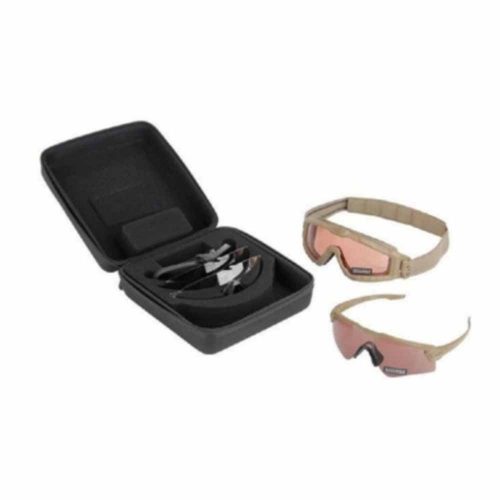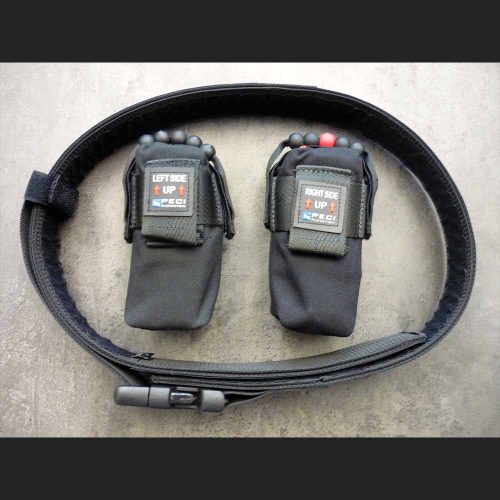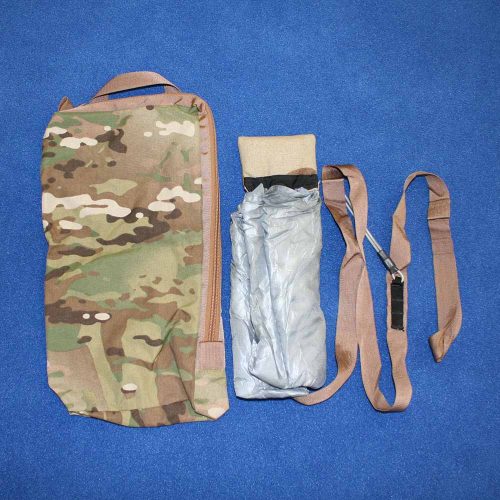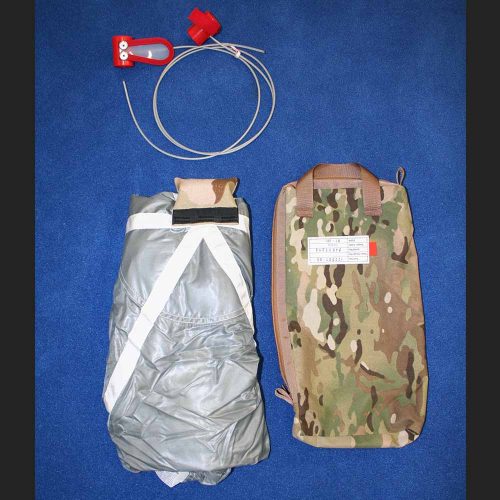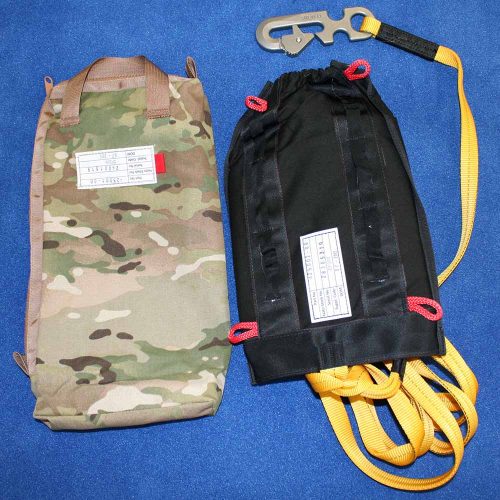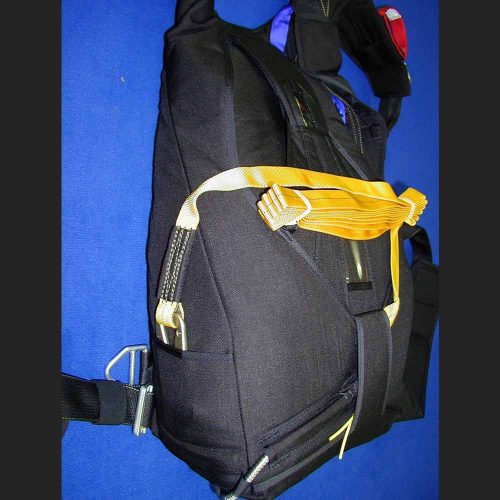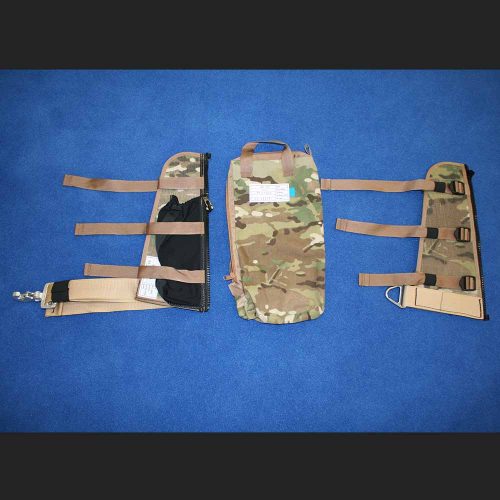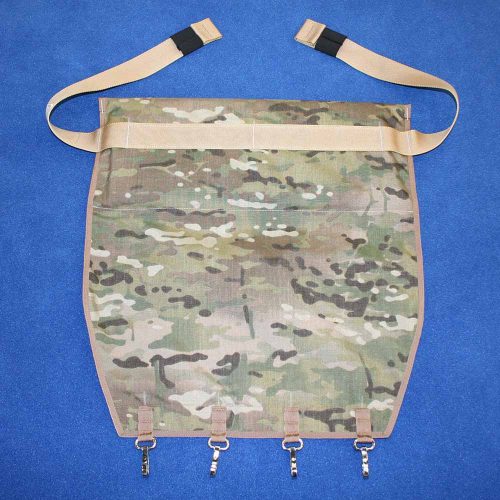Basic Military Freefall Training
– Course Part 1 –
We offer basic military freefall training using the AFF method.
Following a 2-3 days First Jump Course the trainees will learn how to safely exit the aircraft, maneuvers in freefall, deploy the parachute, and handle the ram air parachute ride to a safe on-target landing. After the initial 7 level AFF program they will progress to an experience level equivalent to FAI “A-License” standards. Additionally the trainees will be given basic bundle jump experience. This will also provide them with the necessary prerequisites for the HAHO/HALO training.
For the duration of the training it must be ensured that all participants either have a sufficient knowledge of the English language or that qualified translators are available at all times.
The students must hold an aero medical certificate. They also need to demonstrate an acceptable level of physical and mental fitness.
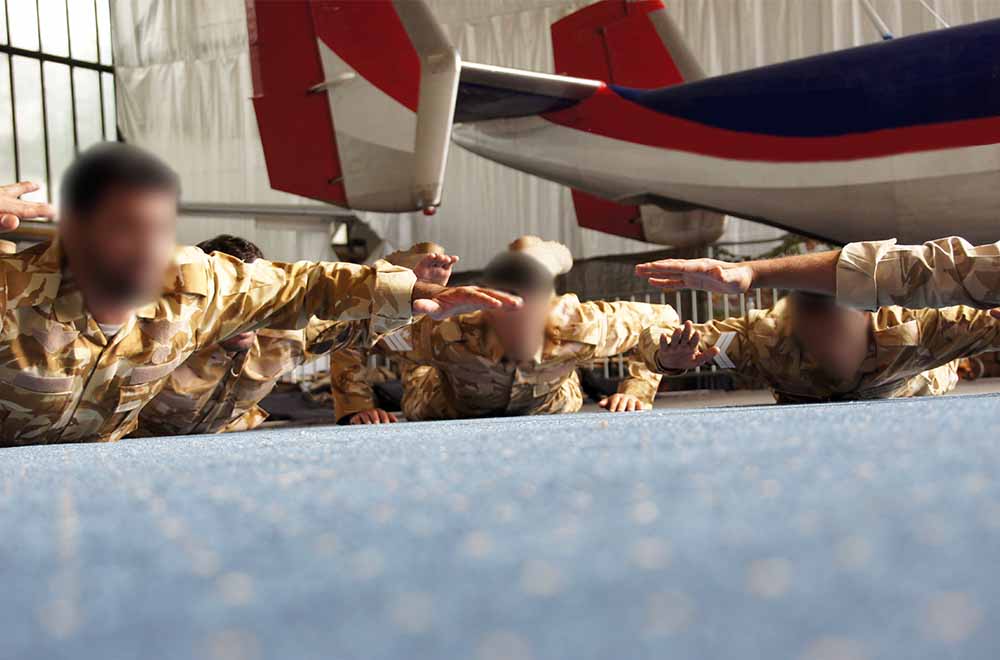
The training includes:
- First Jump Course (FJC).
2-3 days can be conducted at the beginning of the first week, with 2 instructors and up to 10 students. - AFF instructional skydives
7 levels with different tasks, every level must be fulfilled successfully before you assign for the next level. The trainees generally needs between 7 and 9 jumps to fulfill all levels. 4-5 Instructors are required for the Level 1 until 7. - Follow up training (approx. 18-20 jumps per student) to become A-license qualified and certified through our USPA or DFV examiners (2 Instructor required).
- Basic personal bundle jump familiarization (approx. 5 jumps per student)
Duration of entire training:
5 weeks (6 days per week), including ca. 2-3 days of classroom instruction per FJC.
Number of trainees:
Maximum 10
Equipment requirements:
- Suitable and sufficient AFF student equipment per student: 1 System
- Accessories per student: 1 Helmet, 1 Altimeter, 1 Goggle, 1 Pair of Gloves, 1 Jumpsuit
- Bundles/weight bag equipment for bundle jumps per student: 1 Kit Personal Cargo.
A phase of gaining experience before continuing with more advanced training courses is advised.


